
Let’s Get Real or Let’s Not Play
Transforming the Buyer/Seller Relationship
Read or listen offline
Amazon KindleRecommendation
FranklinCovey sales instructors Mahan Khalsa and Randy Illig offer a no-nonsense, emotionally intelligent approach to making selling easier, more professional and more fulfilling. Drawing on decades of experience in sales and sales training, they explain how to avoid the fundamental indignities of sales – countless cold calls and constant rejection – and replace them with a thoughtful, consultative methodology that helps salespeople, their companies and especially their clients. Khalsa and Illig contend that when salespeople forget about numbers and quotas and focus completely on client needs, good things follow for all. While this manual will most benefit business-to-business sellers of six- and seven-figure solutions, getAbstract recommends its counsel to salespeople, sales leaders and persuaders in all fields at all levels.
Summary
About the Authors
FranklinCovey sales trainer Mahan Khalsa helped Randy Illig boost sales when he was CEO of an IT consulting firm. Subsequently Illig joined Khalsa at FranklinCovey. Together, they teach and consult about sales performance for global Fortune 500 firms.








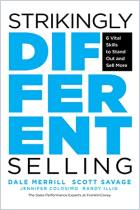
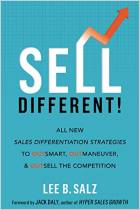
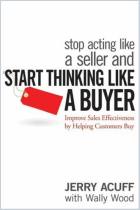
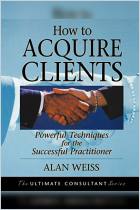

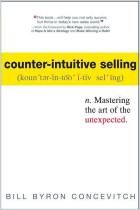
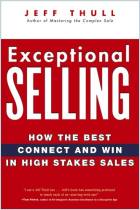




Comment on this summary or Diskussion beginnen